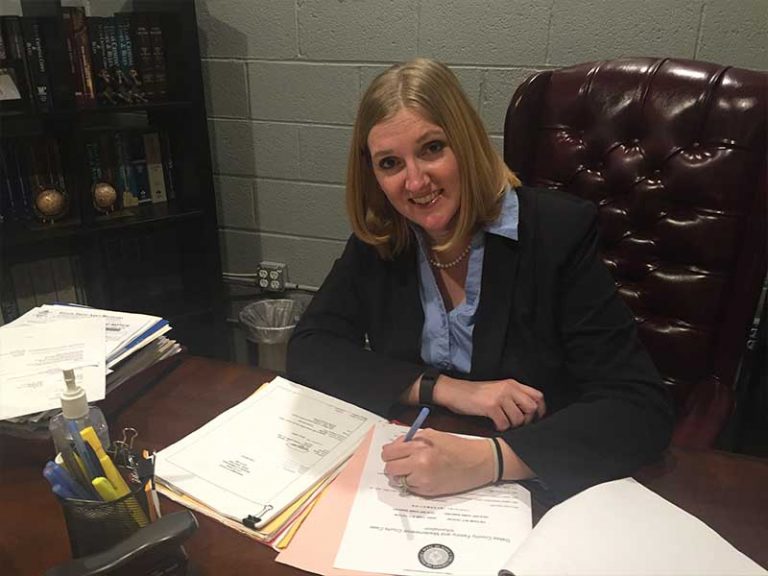
Were you recently arrested for a crime in Denver or are you a target of an official criminal investigation? If yes, you definitely have many questions about what is likely to happen if you are formally charged. What would be the possible outcomes of your criminal case?
In Colorado, criminal cases are divided into two broad categories; misdemeanors and felonies. The latter is the most severe type of crime. Note that criminal cases vary widely and there are different court outcomes. If you are facing criminal allegations or charges, contact a Denver criminal defense lawyer who is experienced enough to offer reliable legal counsel and represent you in court. Here are the four possible outcomes for criminal prosecution.
1. Charges dropped
If you have been charged with a crime, that doesn’t mean your case must go to trial. For some reasons such as inadmissible evidence, perhaps the witness doesn’t want to press charges, or a weak case, the prosecutor, might opt to drop some or all the charges filed against you.
2. Plead guilty
Never plead guilty to an offense unless your attorney has analyzed your case extensively and is absolutely sure that this is the best course of action. In most cases, a defendant pleads guilty because his or her lawyer and the prosecutor negotiated a better deal. Once this deal is reached, a court hearing will be scheduled with the jury or judge.
In this situation, you can plead guilty in court, and your plea will be recorded by the court. After you enter your plea, you are responsible for the sentence you will agree to. Note that this sentence may include a jail term, probation, fines, and prison.
3. Accept a plea bargain
Generally, the consequences of taking a plea deal are nearly the same as outcomes of pleading guilty. The prosecution and the defense can agree on a deal, you (the defendant) plead guilty to a specific offense, and that becomes part of public record.
Note that if you plead guilty via a plea deal or as explained in option two (2) above, you are simply forgoing your right to a jury trial. The judge will review the plea agreement between your attorney and the prosecution. He or she might adjust the indicated sentence based on various facts of the case and the kind of an offense you are charged with. The moment you plead guilty, be ready to accept the sentenced passed by the judge.
4. Go to trial
If you opt to plead ‘not guilty’ during your arraignment, your case will go to trial. If the jury finds you guilty, you will be required to appear in court at a later date for sentencing, which is usually determined by the judge. Once proven innocent, you will be released on that day.
Sometimes, the outcomes of any given criminal charge are not easy to predict. Therefore, it’s recommended to let an experienced attorney help you and increase your chances of keeping your freedom.